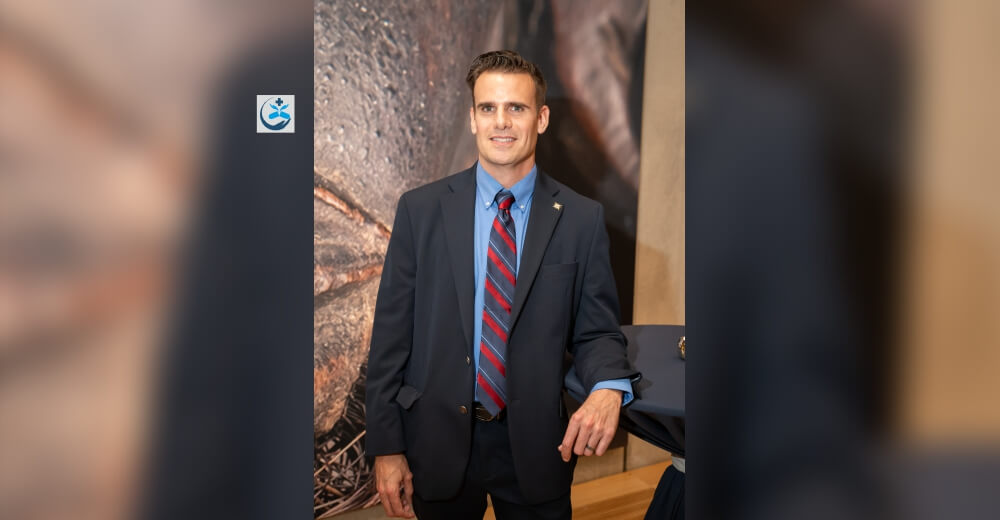Funding has been allocated for the development of a DNA-based lung cancer vaccine in the United Kingdom, earmarked for two years of laboratory research and the initial manufacture of 3000 doses, as per a press release from the University of Oxford in Oxford, England.
A collaborative effort involving scientists from the University of Oxford, the Francis Crick Institute, and University College London (UCL) will receive financial support from Cancer Research UK and the CRIS Cancer Foundation.
The LungVax vaccine utilizes technology akin to that employed in the creation of the successful Oxford/AstraZeneca COVID-19 vaccine. It carries a DNA strand aimed at priming the immune system to identify neoantigens indicative of abnormal lung cancer cells, subsequently triggering an immune response to eradicate these cells and halt cancer progression.
Initially, researchers are focused on developing a vaccine capable of eliciting an immune response in laboratory settings. If successful, the vaccine will progress directly to clinical trials. According to the release, promising outcomes from early trials could pave the way for larger-scale trials involving individuals at high risk of developing lung cancer.
Lung cancer affects approximately 48,000 individuals annually in the United Kingdom, with a mere 10% average 10-year survival rate, according to Tim Elliott, MD, professor of immuno-oncology at the University of Oxford and lead researcher on the LungVax project. Nearly three-quarters of the 35,000 annual lung cancer-related deaths in the UK are preventable by smoking cessation, he emphasized. Nonetheless, he underscored the potential benefits of a vaccine intervention for high-risk patients, which could potentially benefit thousands in the UK and 1.8 million patients worldwide.
The initial trial of the vaccine, a collaborative effort between Oxford University, UCL, and the Francis Crick Institute, is underway, Elliott confirmed. The research is the culmination of studies into the biology and genetics of lung cancer at UCL and vaccine design research at the University of Oxford.
Elliott stressed that the program is still in its infancy and is expected to evolve over the next six years if progress proceeds as planned. The vaccine, constructed on the basis of shared lung cancer antigens and encapsulated within the ChAdOx delivery system, aims to inoculate individuals who have undergone curative surgery for early-stage lung cancer.
Challenges in vaccine development include ascertaining clinical benefits, Elliott acknowledged. The clinical trial is designed to demonstrate up to a 15% reduction in risk over 3-5 years, with long-term follow-up necessary to gauge the enduring impact of the vaccine-induced immune responses.
Individuals who have undergone curative lung cancer surgery are cancer-free and healthy, but they face a high risk of recurrence, Elliott explained. Vaccination against common lung cancer antigens could substantially mitigate this risk, offering reassurance to patients post-surgery.
Read More: Click Here







